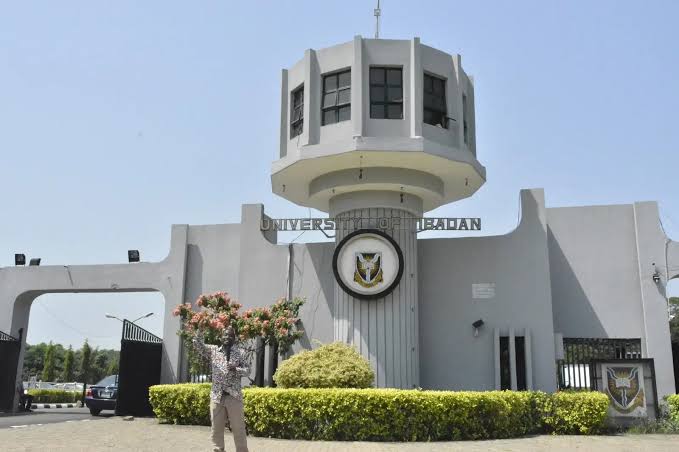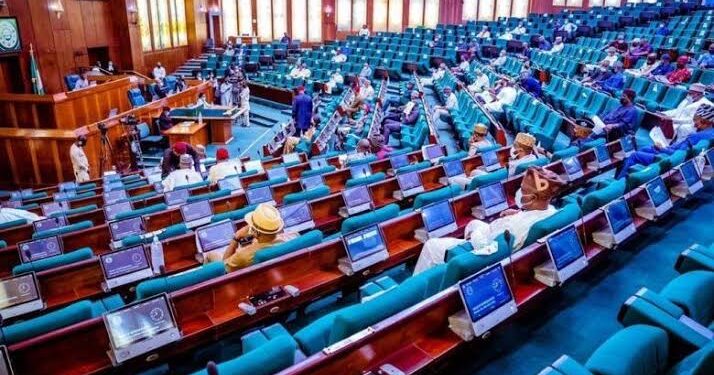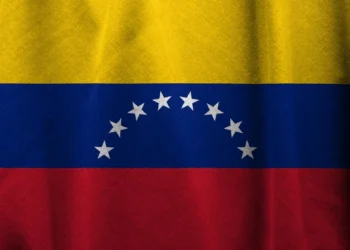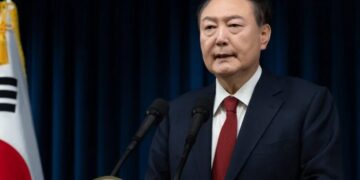The House of Representatives’ Committee on Public Accounts has raised a storm by recommending the removal of several key institutions, including the National Examinations Council (NECO) and the University of Ibadan (UI), from the 2025 Budget. This decision follows an alarming pattern of unaccounted funds allocated to these agencies in 2024 and previous years.
Speaking on Channels Television’s Sunrise Daily programme on Thursday, the committee’s Chairman, Bamidele Salam slammed the lack of discipline within these institutions, stating that it severely impacts the effective implementation of Nigeria’s annual budget.

Salam’s frustration was palpable as he noted that these agencies had repeatedly ignored summons by the House to explain their financial spending. And, as if to add insult to injury, some of them have failed to submit any documents that could shed light on their use of federal funds.
Salam pulled no punches when he outlined the situation, saying, “The Public Accounts Committee as a constitutional committee of the House has a mandate to ensure accountability, to ensure probity, to ensure efficiency in the use of resources allocated to ministries, departments, and agencies.
As Salam pointed out “One of the penalties specified by the Financial Regulations 2009 and other enabling laws on the issue of accountability in Nigeria is that ministries that refuse to account for monies appropriated by the National Assembly or refuse to honour invitations to render those accounts can be delisted from further funding.” In other words, these agencies can be cut off from future financial support – and that’s exactly what the Public Accounts Committee has decided to do.
For example, NECO, which has been invited to account for its spending no less than five times, has failed to respond to any of the invitations. And, it’s not just NECO. The list of agencies in the line includes the University of Ibadan and 22 other departments that have been listed for delisting due to their failure to cooperate with the committee. It’s hard to believe that institutions entrusted with public funds can act with such impunity.
The committee’s actions should not be seen as an isolated incident. It’s a clear message to all public agencies that no one is above the law. If they want to keep receiving funds, they need to show some accountability and transparency. As Salam rightly pointed out, “for those, one of the appropriate measures as stipulated by our regulations is to stop further funding for them.”
However, the government should be careful not to throw universities into the same financial abyss. The public education sector, already struggling, shouldn’t be left to suffer just because a few agencies decided to play the game of financial lie.

















